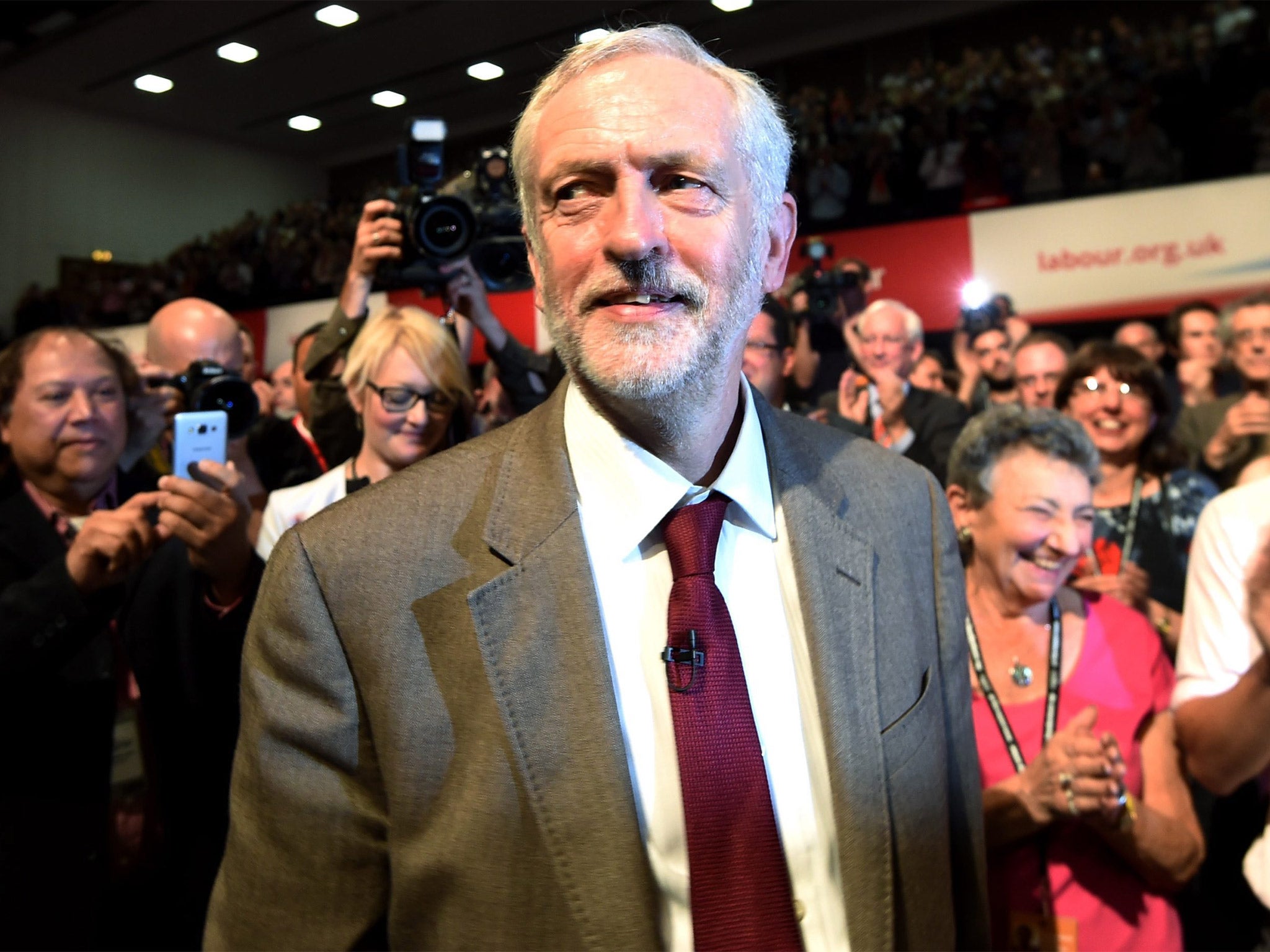‘Kinder politics’ is only possible if more of those who’ll benefit can vote
Millions will be missing from the electoral role if constituency boundaries are redrawn this autumn

Your support helps us to tell the story
From reproductive rights to climate change to Big Tech, The Independent is on the ground when the story is developing. Whether it's investigating the financials of Elon Musk's pro-Trump PAC or producing our latest documentary, 'The A Word', which shines a light on the American women fighting for reproductive rights, we know how important it is to parse out the facts from the messaging.
At such a critical moment in US history, we need reporters on the ground. Your donation allows us to keep sending journalists to speak to both sides of the story.
The Independent is trusted by Americans across the entire political spectrum. And unlike many other quality news outlets, we choose not to lock Americans out of our reporting and analysis with paywalls. We believe quality journalism should be available to everyone, paid for by those who can afford it.
Your support makes all the difference.Over one weekend in Brighton, Labour leader Jeremy Corbyn marshalled an army of supporters behind his promise of a “kinder politics”. Can such a thing ever exist?
With the cuts planned to both welfare for the poorest and to corporation taxation for the richest, the UK is on a trajectory to become the most unequal of the richest 25 nations in the world. It appears that the powerful in our economy, and in political life, cannot imagine that kindness works as a political strategy. They see kindness as weakness. It is a character trait shunned and derided.
But this kindness of which Corbyn speaks is misrepresented. It not just about being “nice” to one another, it is about understanding why poverty and disadvantage exists – why the poor can’t just budget themselves to be better off, for example – and using that knowledge to effect change. That’s why I believe that there is little Corbyn can achieve in opposition that is kinder, or indeed more useful, to his new constituents than to make sure they are registered to vote.
A sudden general election is very unlikely, but the unregistered are nevertheless locked out of the democratic process. If the Government decides to go ahead with the redrawing of constituency boundaries on the basis of this autumn’s electoral role, millions will be missing from those plans for the future of our democracy.
Hundreds of thousands of university students have just arrived in their term-time residences. If they don’t register to vote quickly they might as well not exist as far as the Boundary Commission will be concerned, and there will be fewer parliamentary seats in apparently dwindling university towns which, in fact, have a seasonal population. Given that a majority of students at Bristol, Cambridge and Oxford voted Labour in 2015, having those votes concentrated in fewer constituencies could be a big waste for Labour in 2020.
But how do you persuade students to register to vote, just for the benefit of those who will replace them in four years’ time from now? Perhaps this doctrine of kindness can play an important role.
The situation is even worse for private renters, a rapidly-growing constituency. A quarter of families with young children in England are now thought to rent privately. If you have just arrived in a new flat, or are trying to settle your children into new schools, registering to be on the electoral role in October 2015 may be the lowest of your priorities. But it is because the boundaries could soon be redrawn that everyone – not just those in student towns, but also high-population-turnover areas in our major cities – needs to register so that, even if they are not still living there in four years’ time, people like them will be fairly represented.
In my county of Oxfordshire there are currently six constituencies. Five returned a Conservative MP and one Labour. But there are huge numbers of “wasted” Labour votes in the constituency of Oxford East – far more votes than are needed to win one seat.
Should enough people who don’t usually register at all, register to vote in Oxford, then the county could be divided into seven parliamentary constituencies. Five may still return Conservative MPs, but two would likely return a Labour MP to Westminster. Multiply this political arithmetic across the country and the problem of fair representation is obvious.
Without a registration drive, those areas where more people are owner-occupiers will be allocated relatively more MPs per person. Our Government bans prisoners from voting (despite that being contrary to the European Court of Human Rights) and it is now engineering to have people who are in insecure rental accommodation and students under-represented in parliament.
Labour does need to promote the politics of kindness. It needs a politics of hope for our children and grandchildren, a kinder government. Labour needs understanding and generosity, hope and perseverance.
To give that kindness a chance, many people who had given up on politics must now register to vote.
Danny Dorling is Halford Mackinder Professor of Geography at the University of Oxford and author of ‘Injustice: Why Social Inequality Still Persists’
Twitter: @dannydorling
Join our commenting forum
Join thought-provoking conversations, follow other Independent readers and see their replies
Comments